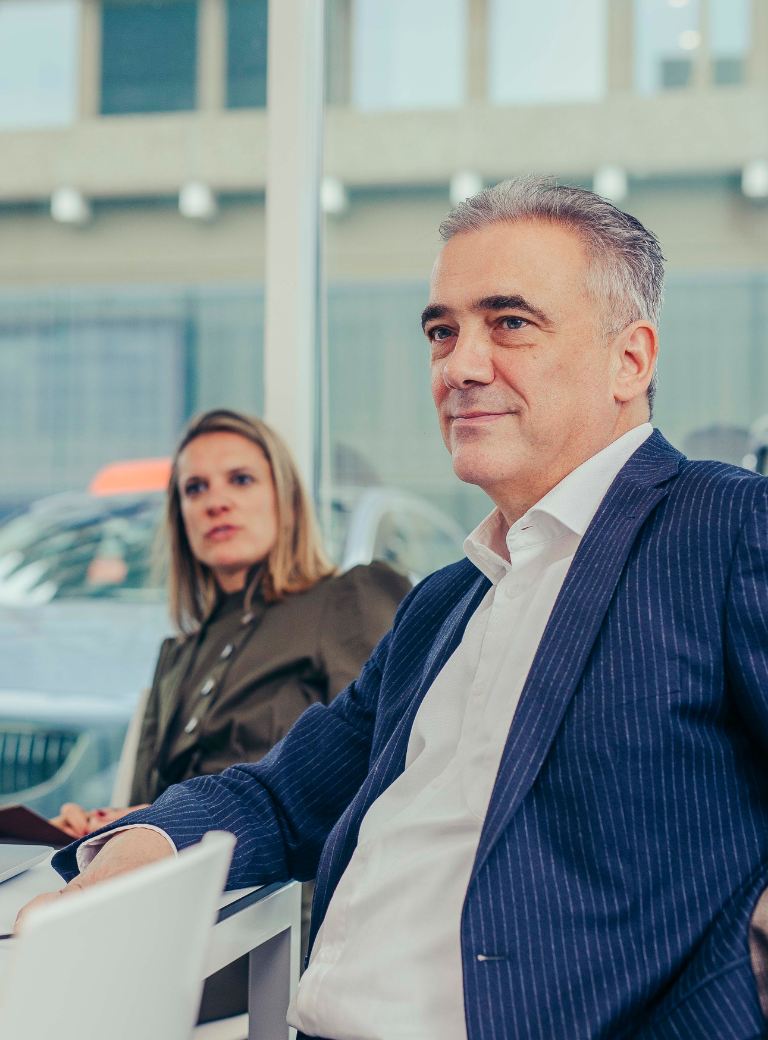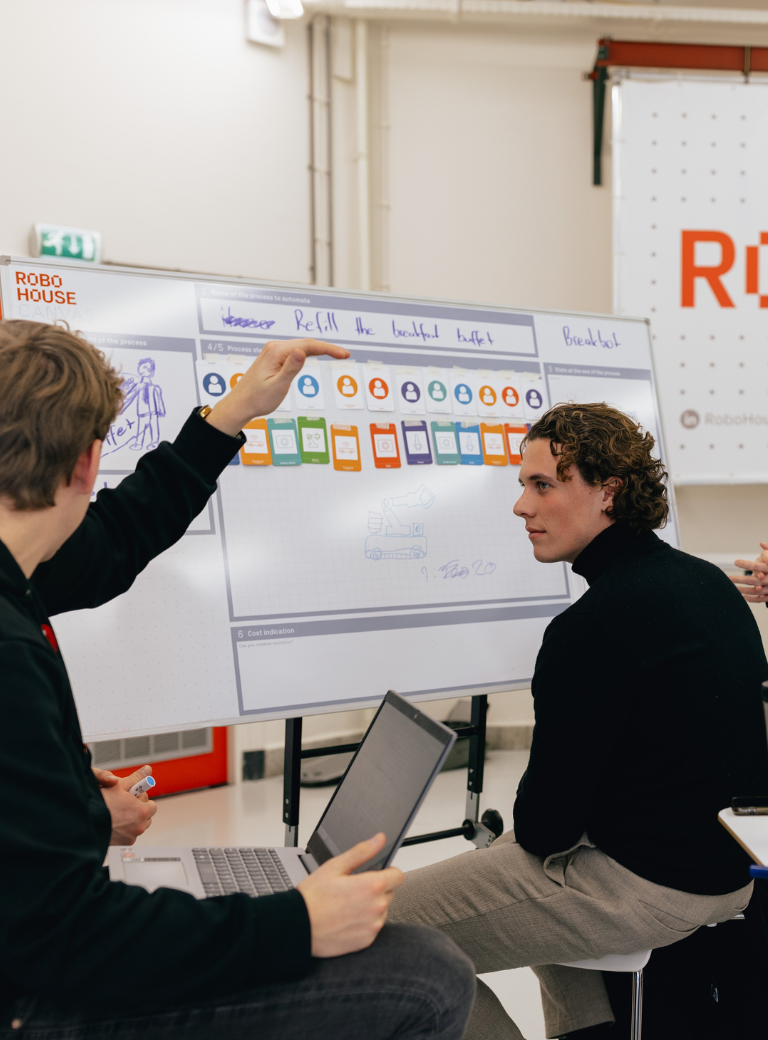
Tourism and digitalisation towards 2030 in the Canary Islands
To what extent do Small to Medium Tourism enterprises in the Canary Islands need to digitally transform to ensure their resilience towards 2030? This is the question Nidia answered during her academic research in the final year of Hotelschool The Hague. In light of the effects of the pandemic, the great economic standstill was heavily experienced in the Canary Islands, a destination strongly led by tourism.
Despite being a question that may be daring to many, Nidia set out to challenge the imperativeness of the digital transformation in the case of one of the most vulnerable stakeholders in the face of the global shutdown— Small to Medium Tourism enterprises (SMTEs) in the Canary Islands.
Considering the effects of the pandemic in 2020, the digital transformation has been the main focus in the conversation of how to reactivate the economy in a destination highly dependent on tourism, and how digitalisation in the concept of digital transformation could ensure the resilience of SMTEs by 2030.
While technology has assumed a leading role in this transformation, we have witnessed the challenge that many SMTEs are not able to go digital due to a lack of resources or knowledge. These have been subjected to an environment of uncertainty and new emerging demands as a consequence of the pandemic, revolving around sustainability and digitalisation. As a result, SMTEs have been somehow coerced into having to transform digitally.
After conducting 11 interviews with professionals in the tourism and digital transformation sector in the Canary Islands, the common misconception was uncovered, revealing that the success of digital transformation largely depends on the integration and the type of technology we see in a company.
Ironically, technology is only a secondary element in the digital transformation, as it should only function as a tool to work more efficiently and potentially provide a competitive advantage. In some cases, its presence is not even necessary if it is not relevant to the positioning of the company. Conversely, the business culture is what is considered the fundamental ingredient that will allow SMTEs to deal with the obstacles and changes in their environment, that hinder their resilience.
By business culture, both the interviewees and the literature on this subject commonly refer to the change in the mentality of SMTEs, showing behaviours of continuous learning through a growth mindset, leaving behind the conformity of continuing to operate traditionally.
Besides adopting the progressive business culture, it is believed that the migration of mobile technologies to consult the information, availability, price and provision of services of businesses is becoming more a habit for all travellers, irrespective of their profile. As we anticipate permanent changes in the future habits of travellers towards these digital options, the online presence, as part of 'e-Business', is considered essential for SMTEs to be considered in the sector. For this reason, online presence should not be seen as a possibility in the digital transformation, but as an obligation, for companies to exist on the map.
Withal, the interview results revealed that resilience is not completely controllable through the digital transformation, but depends on involuntary changes in the environment that can have a significant impact on the resilience of SMTEs. In this case, the change in the environment that is reiterated the most is the change in the behaviour of the future traveller; a demand more inclined towards sustainability and authentic experiences—fleeing from the clutches of mass tourism.
The findings lead to the conclusion that SMTEs must move away from the false belief that technology is the key to their resilience. Within the capabilities of each company, ensuring resilience can be a minimal investment, since it all comes down to promoting the right attitude within the business culture—wanting to anticipate, adapt and retain the new demand and the needs of each niche. Ultimately, the future traveller is not looking for a technological experience, but rather a remarkable and personalised one, worth repeating.
Well now… How would the outlook change if the traveller who arrives in the Canary Islands in the coming years presents behaviours similar to those of 2019? Would it be necessary to transform STMEs for them to survive in the sector?
If you want to know more about the level of resilience of SMTEs in the Canary Islands in different realities of the future, I invite you to see the illustration I designed with the different scenarios that can occur depending on the positioning of these companies in the face of possible changes in the profile of the future traveller.

About Nidia
Originally from the Canary Islands, Nidia moved to The Netherlands in 2017 to pursue her dream to study at Hotelschool The Hague. Currently, Nidia is based in Berlin to continue her career in hospitality. For her final year during academic research, the soon-to-be graduate decided to exploit all the knowledge and assets acquired throughout her academic experience and living abroad, to tackle a subject that could leave a positive trace back home.
In light of the effects of the pandemic, the great economic standstill was heavily experienced in the Canary Islands, a destination strongly led by tourism. The challenges to persevere through the adversities lead to the total inactivity of the tourism sector in the archipelago, resulting in the closure of the primary economic engine of the islands: the Small and Medium Tourism Enterprises (SMTEs). As a response, Nidia was committed to exploring the subject of resilience by developing a scenario study that would help the local SMTEs, and consequently, the destination, thrive through the challenges in anticipation of market developments by 2030.
“It's all about attitude. It's not about what happens, but how you deal with it” - Nidia Hernández






